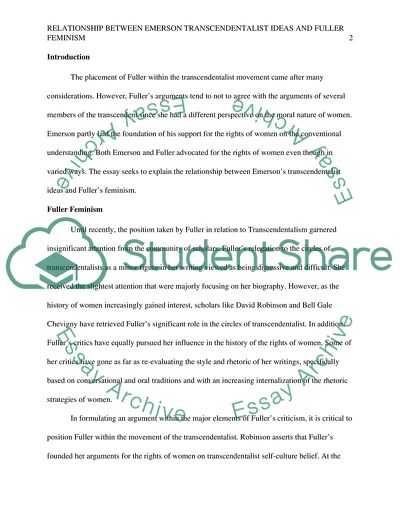Cite this document
(“Lingering Puritan ideals in Hawthorne and Melville Essay”, n.d.)
Lingering Puritan ideals in Hawthorne and Melville Essay. Retrieved from https://studentshare.org/literature/1691976-lingering-puritan-ideals-in-hawthorne-and-melville
Lingering Puritan ideals in Hawthorne and Melville Essay. Retrieved from https://studentshare.org/literature/1691976-lingering-puritan-ideals-in-hawthorne-and-melville
(Lingering Puritan Ideals in Hawthorne and Melville Essay)
Lingering Puritan Ideals in Hawthorne and Melville Essay. https://studentshare.org/literature/1691976-lingering-puritan-ideals-in-hawthorne-and-melville.
Lingering Puritan Ideals in Hawthorne and Melville Essay. https://studentshare.org/literature/1691976-lingering-puritan-ideals-in-hawthorne-and-melville.
“Lingering Puritan Ideals in Hawthorne and Melville Essay”, n.d. https://studentshare.org/literature/1691976-lingering-puritan-ideals-in-hawthorne-and-melville.


